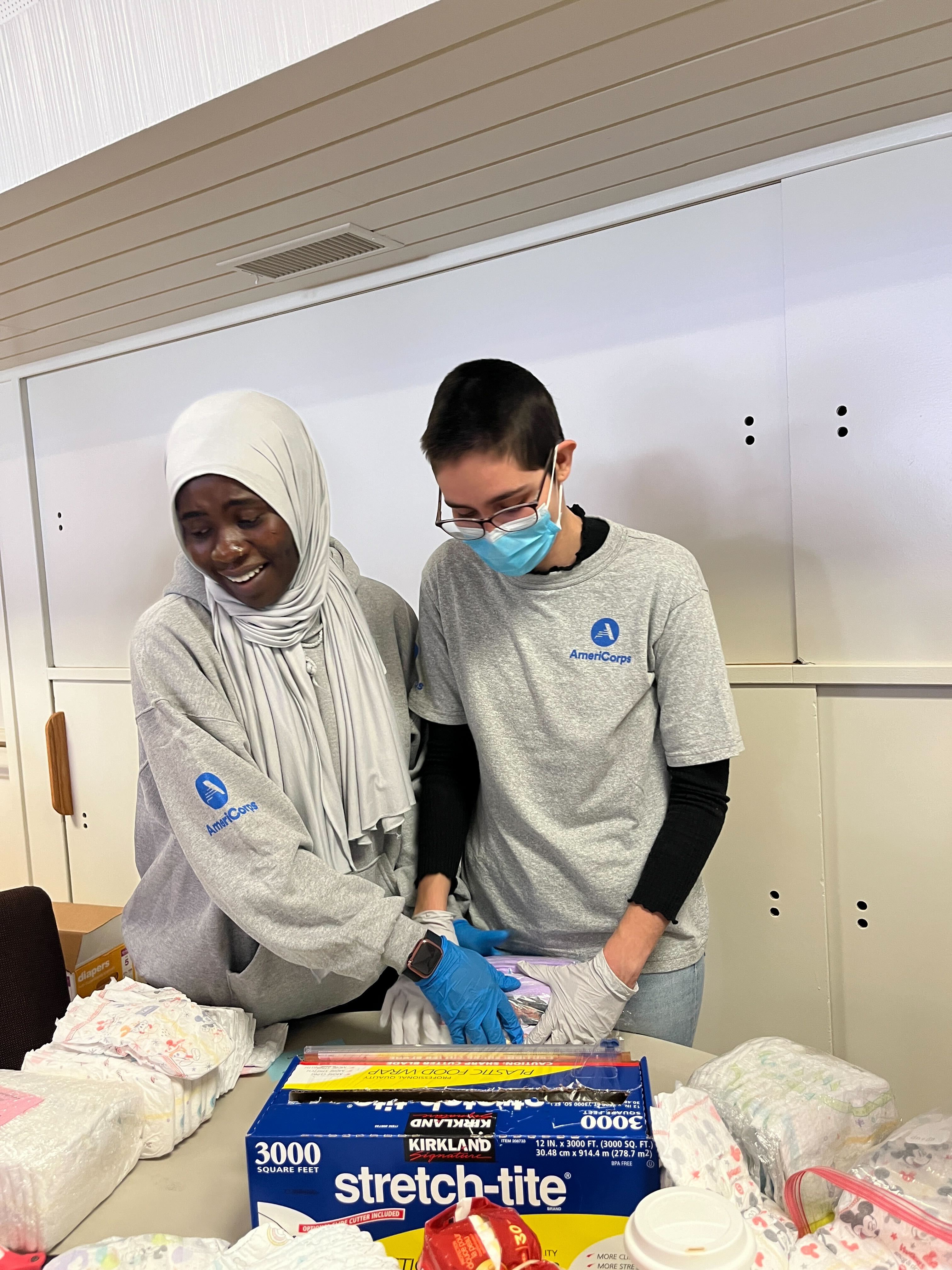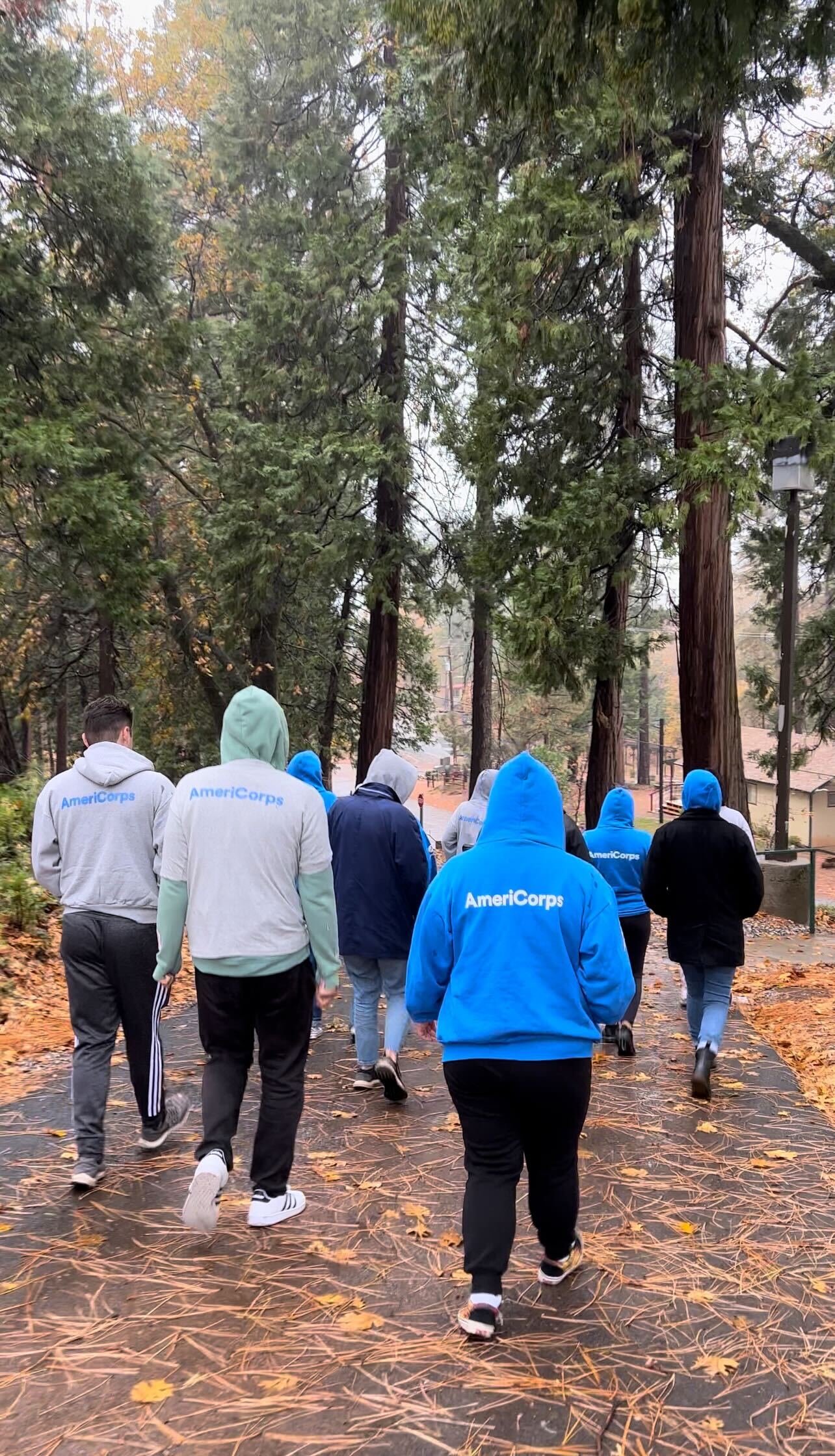A Journey of Impact: How Serving on the National Health Corps Shaped My Views on Volunteerism
Volunteerism has the power to transform lives, both for those who give their time and for those who receive the support. My experience serving in the National Health Corps has been nothing short of transformative, offering a unique perspective on the impact of volunteerism in the field of healthcare. In this blog, I will share how my time with the National Health Corps has shaped my views on volunteerism and its profound effects on individuals and communities.
A deep-seated desire to make a difference in the lives of others fueled the decision to join the National Health Corps. The call to serve in the healthcare sector, where the need is often greatest, resonated with my passion for contributing to the well-being of my community. This initial step marked the beginning of a journey that would not only shape my career but also redefine my understanding of volunteerism.
I have had the opportunity to partake in numerous volunteer events like the YOLO diaper bank, where we wrapped up diapers to be given out to those in underprivileged communities. Throughout the event, I realized that some resources that some other communities take for granted are way more accessible in other communities. But I also thought of how parents who are having kids already have to pay so much money just to raise children, so why aren’t basic necessities for babies readily available for free to people in general? What are some things that could be done to make childcare products easily accessible for those underserved communities?

This experience has taught me that understanding the community and the individuals living in it is crucial to better understanding what policies, tools, or strategies should be implemented to improve the accessibility of childcare products in underserved communities. One possible solution could be the establishment of community resource centers that provide free or low-cost childcare products to families in need. These centers could also offer educational programs and support services to help parents navigate the challenges of raising children. Additionally, partnerships with local businesses and organizations could be formed to donate or subsidize the cost of childcare products, making them more affordable for underserved communities. By addressing the specific needs and barriers faced by these communities, we can work towards creating a more equitable and accessible childcare system for all.
One of the most significant lessons I learned during my time with the National Health Corps was the importance of empathy in volunteerism. As I interacted with individuals facing various health challenges, I realized that the true impact goes beyond medical care. Simple acts of kindness, compassionate conversations, and a genuine willingness to understand the struggles of others can make a profound difference in their lives. Volunteerism, especially in the healthcare sector, thrives on community engagement and collaboration. Serving on the National Health Corps exposed me to the power of partnerships between healthcare professionals, community organizations, and volunteers. By working together, we were able to address healthcare disparities, promote preventive care, and create a more holistic approach to community well-being.
Volunteering with the National Health Corps brought me face-to-face with the stark realities of healthcare disparities. From underserved communities to marginalized populations, the need for accessible and equitable healthcare became evident. This experience fueled my commitment to addressing these disparities, both through direct service and advocating for systemic change. Beyond the impact on the community, serving in the National Health Corps contributed significantly to my personal growth and skill development. From honing my communication skills to developing resilience in the face of challenges, the volunteer experience offered a comprehensive learning environment that extended beyond the confines of traditional education.
Serving in the National Health Corps has been a transformative journey that has shaped not only my professional trajectory but also my fundamental views on volunteerism. The experience has illuminated the profound impact of simple acts of kindness, the importance of empathy, and the need for collaborative efforts to create positive change. As I continue to navigate my journey in healthcare and volunteerism, the lessons learned during my time with the National Health Corps will undoubtedly guide my path, reminding me of the incredible potential that lies within the act of giving back to our communities.

